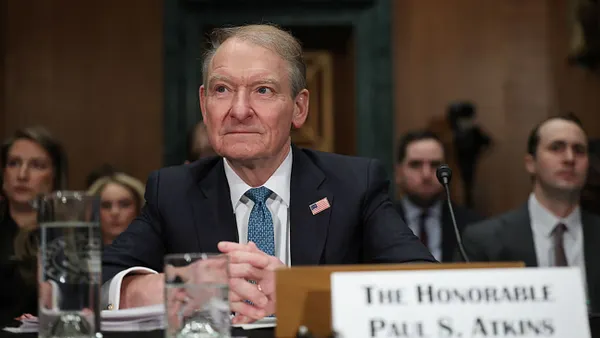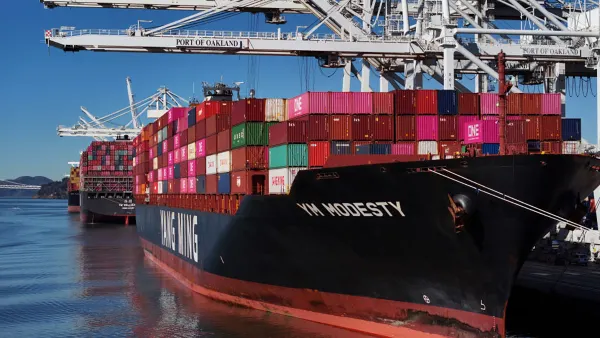A closely watched measure of U.S. manufacturing hit its lowest level in August since the Great Recession, reflecting a plunge in exports due to trade tensions.
The Institute for Supply Management said Tuesday its Purchasing Managers’ Index fell to 47.8% last month, the second straight monthly contraction after a 49.1% reading in July.
Any figure below 50% indicates a contraction. The August PMI was the lowest since June 2009 and the new export orders index fell to 41%, the lowest level since March 2009.
The summer manufacturing slump follows nearly three years of expansion during which the PMI averaged 56.5%. “Global trade remains the most significant issue, as demonstrated by the contraction in new export orders that began in July 2019. Overall, sentiment this month remains cautious regarding near-term growth,” Timothy Fiore, ISM chair, said in a news release.
As MarketWatch reports, “Manufacturers at home and abroad have faced waning demand and more canceled orders as they struggle to cope with a global economic slowdown, exacerbated in part by the trade war” between the U.S. and China.
The ISM data also showed only three of the 18 U.S. manufacturing industries tracked by the institute reported growth in August, down from nine in the prior month. “The report fanned fears of a recession and hit the stock market,” Reuters said, noting the Dow Jones Industrial Average lost more than 200 points on Tuesday.
“Manufacturing weakness is close to dangerous levels. Historically, readings under 46 are consistent with recession,” said senior economist Chris Low of FTN Financial. “Manufacturing is a small part of the economy, but it is a vitally important one, producing income and multiplier effects, especially in the Midwest.”
Separately, IHS Markit reported that its Purchasing Managers’ Index rose to 51.1 in September, the highest level in five months, rebounding from 50.1 in August. But the third quarter saw the worst quarterly performance since 2009.
“We have now tariffed our way into a manufacturing recession in the U.S. and globally,” Peter Boockvar, chief investment officer at Bleakley Advisory Group, told CNBC.












